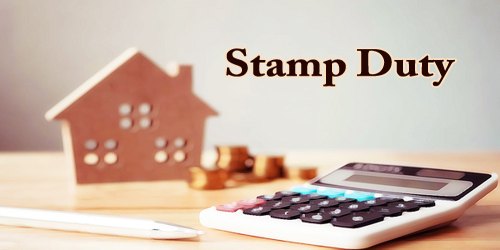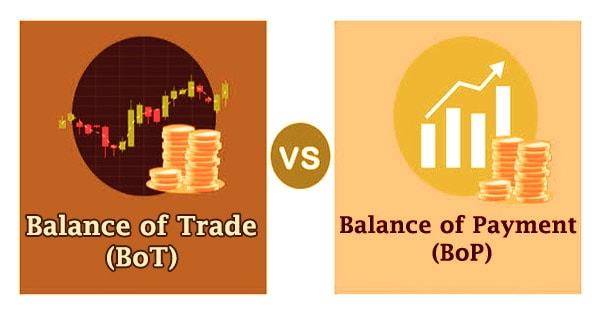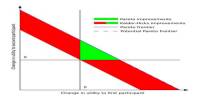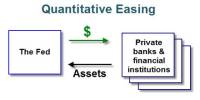Stamp Duty, commonly known as Stamp Duty Land Tax or SDLT, is a tax imposed on sales or records of single property; traditionally, this included most legal documents, such as cheques, receipts, military commissions, marriage licenses, and land transactions. Governments impose stamp duties, also called stamp taxes, on documents that are needed to legally record certain kinds of transactions. A physical stamp (a revenue stamp) had to be attached to or impressed upon the document to denote that taxation had been paid before the document was legally effective.
By the early 17th century, stamp duties were believed to originate by Spain. These taxes were called stamp duties as a physical stamp on the document was used to show that the document was registered and the tax duty was paid. Stamp Duty is applicable in England and European countries. In Scotland, there’s an identical tax called Land and Buildings Transaction Tax (LBTT).
More modern versions of the tax not require an actual stamp. The taxation is additionally referred to as a documentary stamp tax; Governments round the world enforce these taxes on a range of legally recorded documents. Governments have placed stamp taxes on the transfer of homes, buildings, copyrights, land, patents, and securities. Stamp Duty is chargeable on the following instruments:
- Written land and buildings leases located in Ireland
- Instruments for movement of Irish business shares or stocks (Stock Transfer forms)
- Instruments that transfer property as a gift
- Certain written agreements or contracts to transfer property
- Certain written agreements to lease
- Instruments related to Irish lands or something done or to be done in Ireland, regardless of where it is performed.
Before income and consumption taxes were considerable assets, governments raised revenue primarily through property taxes, import duties, and stamp duties on financial transactions. As income and consumption have grown, though, it would have made sense to try and do away with stamp duties.
When we run a business, it’s essential to stay on top of our taxes and tax returns. Make tax returns easier with Debitoor invoicing software. For automated financial reporting, in a matter of seconds, we can produce balance sheets, VAT reporting, and profit & loss statements, helping to shape quicker and simpler tax returns.
Today, however, stamp duties apply to far but the broad category of “financial transactions”. They are doing remain on properties, though. they’re levied when realty is transferred or sold, and, additionally, many countries levy taxes on mortgages and other instruments securing loans against realty.
Information Sources:
















